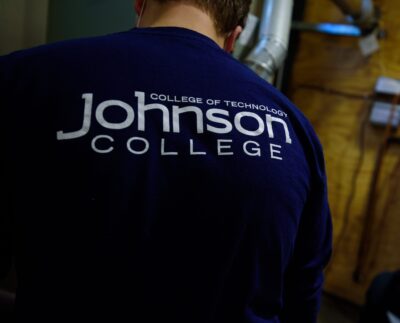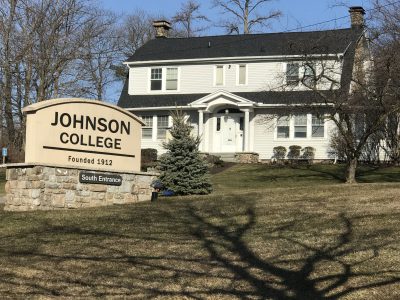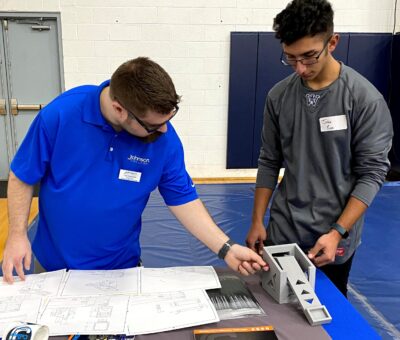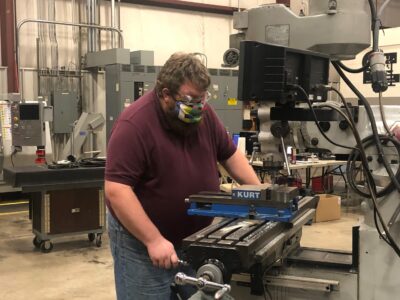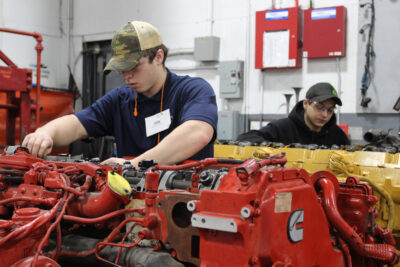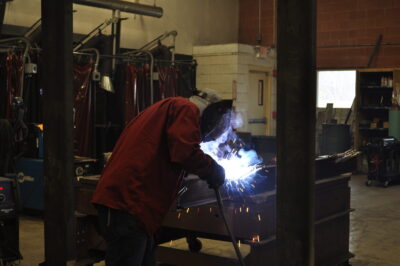Dr. Katie Pittelli, President & CEO of Johnson College, has announced the President’s List of students who were enrolled in 12 credits or more and completed the 2021 Fall Semester with a grade point average of 3.90 or higher.
David Neiman, Heating Ventilation and Air Conditioning Technology, Shavertown, PA
Bennett Sisto, Computer Information Technology, Scranton, PA
Jonathon Kaville, Electrical and Construction Technology, Old Forge, PA
Julia Price, Heavy Equipment Technology, Scranton, PA
Alexander Mros, Radiologic Technology, Wilkes-Barre, PA
Johnathan Gilson, Heavy Equipment Technology, Honesdale, PA
Jon Dellia, Physical Therapist Assistant, Olyphant, PA
Benjamin Terry, Biomedical Equipment Technology, Richmondale, PA
John McDonald, Heating Ventilation and Air Conditioning Technology, Pittston, PA
Brittany Bethel, Veterinary Nursing, Dallas, PA
Antonia Latorre, Computer Information Technology, Taylor, PA
Silas Beck, Computer Information Technology, Covington Township, PA
Philip Davitt, Electrical and Construction Technology, Dickson City, PA
Jonathan Petrasko, Computer Information Technology, Peckville, PA
Richard Christianson, Heating Ventilation and Air Conditioning Technology, Susquehanna, PA
Natalie Lamoreaux, Physical Therapist Assistant, Pennsdale, PA
Evan Wilcox, Architectural Drafting & Design Technology, Milanville, PA
Cody Mackin, Architectural Drafting & Design Technology, Taylor, PA
Jason Chilko, Automotive Technology, Bartonsville, PA
Alexander Nallin, Veterinary Nursing, Scranton, PA
Michael Salansky, Computer Information Technology, Harford, PA
Joseph Ingraham, Diesel Truck Technology, Binghamton, NY
Richard Mikloiche, Advanced Manufacturing Technology, Vandling, PA
Virginia Murray, Automotive Technology, Jessup, PA
Brandon Grandinetti, Computer Information Technology, Olyphant, PA
Colton Esslinger, Advanced Manufacturing Technology, Susquehanna, PA
Jacob Banta, Automotive Technology, Trucksville, PA
Donald Smith, Architectural Drafting & Design Technology, Tunkhannock, PA

